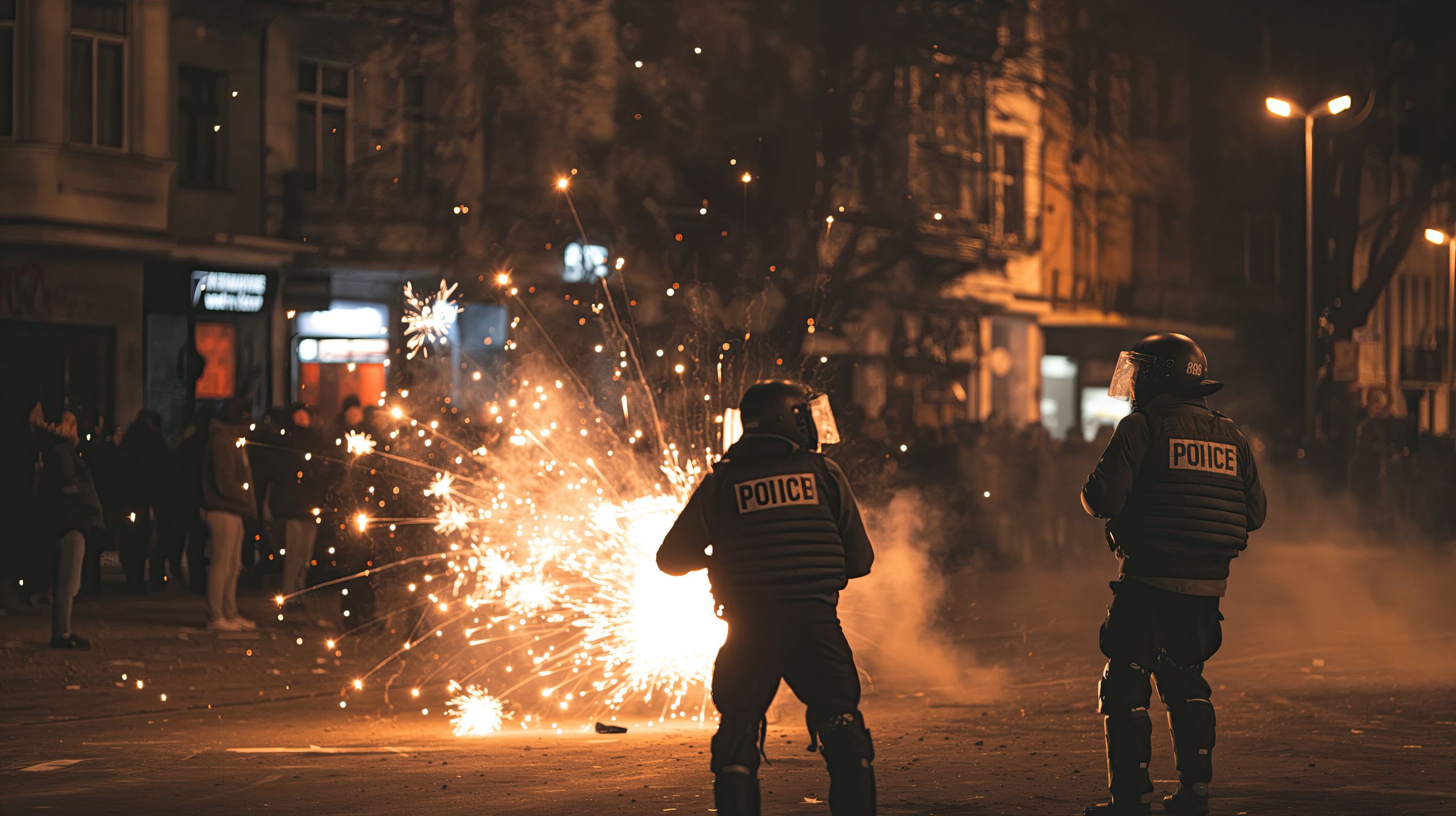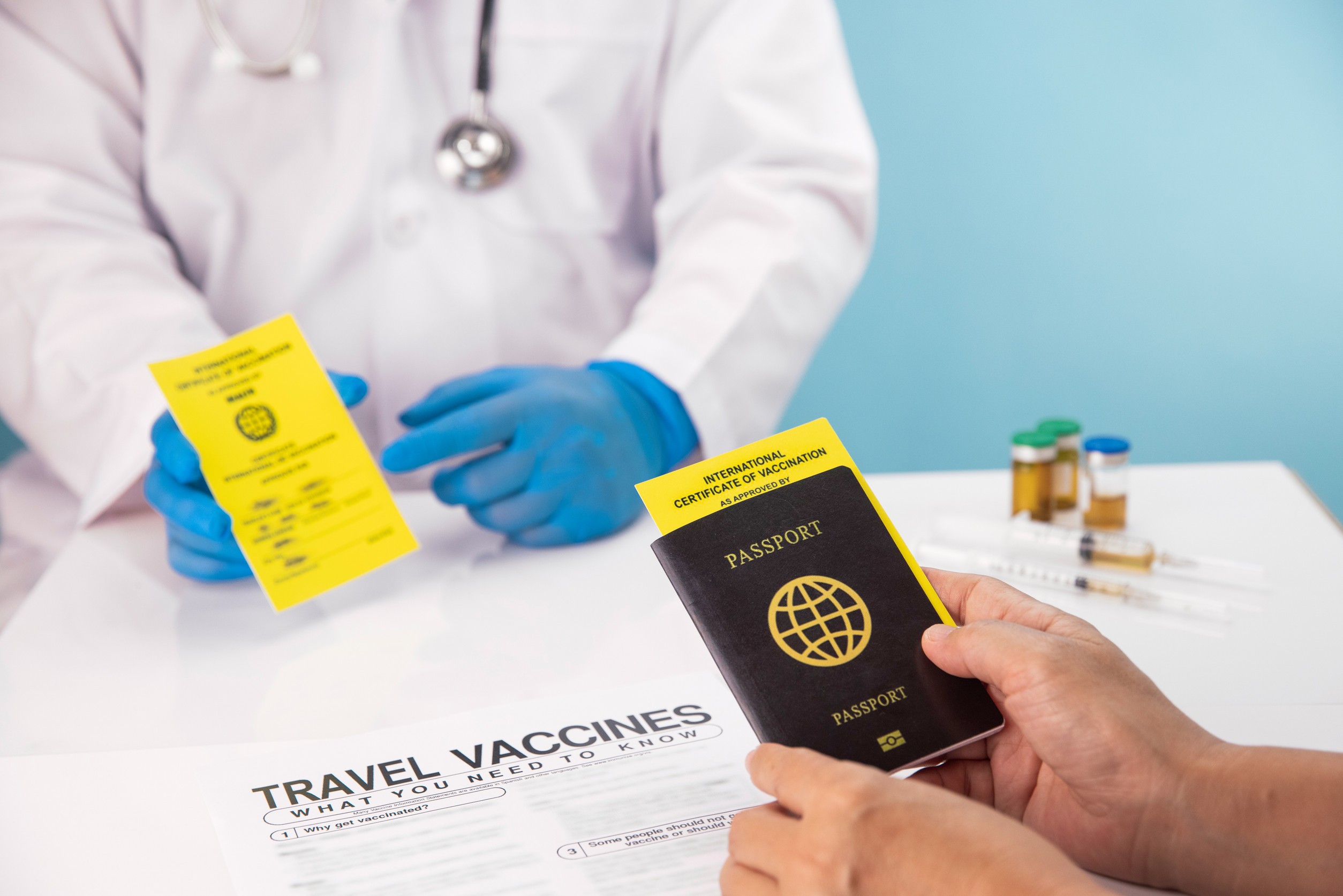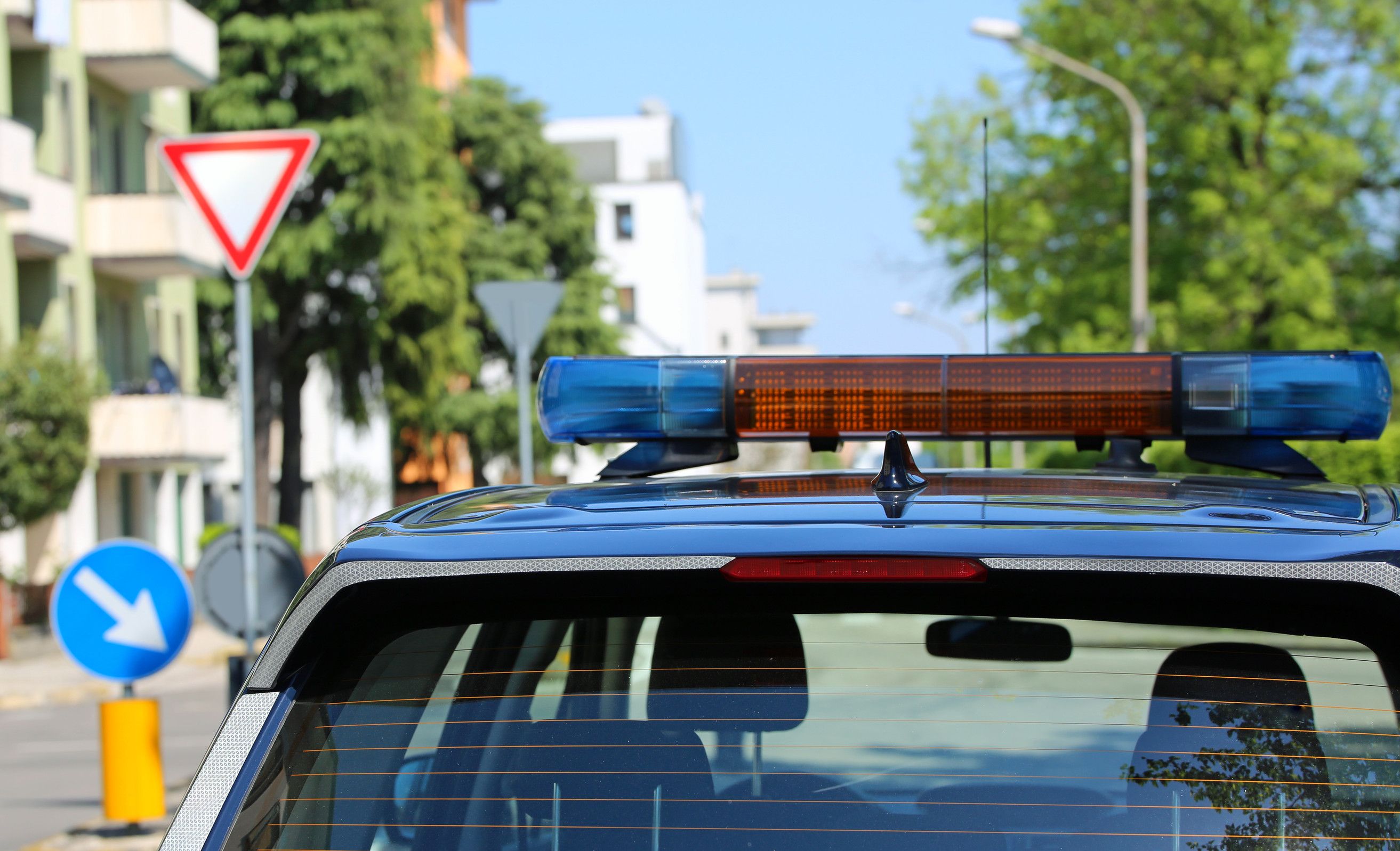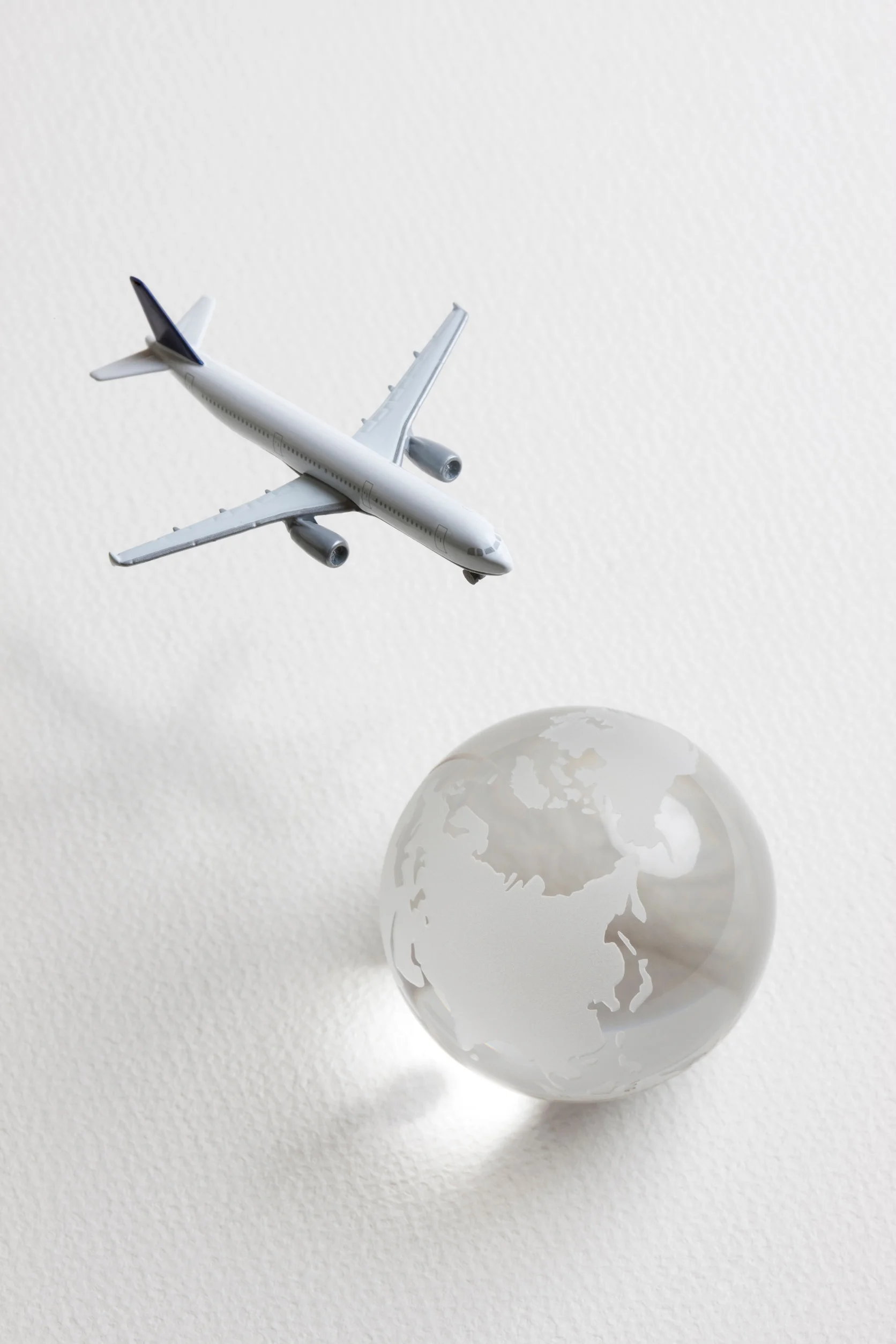Is Cameroon Safe to Visit in 2026? A Complete Guide

Cameroon is a vibrant destination rich in culture, nature, and adventure. While many parts of the country—particularly the central, western, and southern regions—are considered generally safe with standard precautions, others face ongoing security challenges. This guide provides a clear overview of the current safety landscape, highlights regions to avoid, and shares practical tips to help travelers enjoy a secure and rewarding visit to Cameroon in 2026.
Current Travel Advisories for Cameroon 2026 Updates
Cameroon safety conditions vary widely depending on the region. International travel advisories generally recommend being cautious throughout the country, with stronger warnings for specific areas. If you’re planning a trip, here’s what you need to know:
"Do Not Travel" Advisories (Level 4):
This is the highest level of warning and applies to areas with a severe risk to life which this includes:
- Northwest and Southwest Regions: Due to ongoing separatist conflict, armed clashes, violent crime, kidnappings, and the use of improvised explosive devices (IEDs).
- Far North Region (including the Lake Chad basin and areas around Maroua): Due to a high threat of terrorism, kidnapping, and armed banditry.
- Bakassi Peninsula Region: Due to piracy, armed attacks, and widespread criminality.
- Areas within 40 kilometers (approximately 25 miles) of the borders with the Central African Republic (CAR), Chad, and Nigeria: Due to cross-border attacks, terrorism, and kidnapping threats
"Avoid Non-Essential Travel" Advisories (Level 3):
This applies to areas with significant safety and security concerns.
- North and Adamawa Regions (excluding the "Do Not Travel" border zones): Due to risks of terrorism and kidnapping. Tourist and non-essential travel is highly discouraged.
NOTE: For all other regions, including the major cities of Yaoundé and Douala, the advice is to exercise a high degree of caution due to general violent crime, including muggings, armed robbery, and carjackings.
Safety for Solo Travelers in Cameroon
Solo travel in Cameroon is possible, but it demands an even higher level of vigilance and preparation. The risks of violent crime, especially muggings and armed robbery, are amplified for individuals traveling alone.
- Increased Vulnerability: Solo travelers can be perceived as easier targets for criminals.
- Logistical Challenges: Navigating transport and remote areas might be more challenging without a companion.
- Social Interactions: While Cameroonians are generally hospitable, solo travelers, particularly women, may attract unwanted attention.
Tips for Solo Travelers in Cameroon
Here are some things to keep in mind for solo travelers in Cameroon:
- Always inform someone of your itinerary.
- Stick to well-trafficked areas and avoid walking alone at night.
- Consider joining organized tours for excursions to less familiar places.
- Maintain a low profile and avoid drawing attention to yourself.
Overall Safety Assessment: Exercise Increased Caution
The general consensus from international travel advisories is to exercise a high degree of caution when traveling to Cameroon. This is primarily due to:
- Violent Crime: Muggings, armed robbery, and carjackings are common, particularly in urban areas like Yaoundé and Douala, and along major roads. Foreigners can be targets.
- Civil Unrest: Protests, demonstrations, and strikes are frequent and can escalate quickly, potentially disrupting public services and transport.
- Terrorism: There is a high threat of terrorism, particularly in the Far North region, but also with past incidents (IEDs) in major cities like Yaoundé and Douala. Attacks can be indiscriminate and target public places frequented by foreigners.
- Kidnapping: Kidnapping for ransom is a significant risk, especially in certain regions and border areas.
- Piracy: Armed attacks and piracy occur frequently in coastal areas, including the Bakassi Peninsula.
How Safe Is Cameroon for Female Tourists in 2026?
Female travelers in Cameroon should be aware of specific considerations beyond general safety. While most interactions will be positive, harassment and unwanted attention can occur.
- Cultural Norms: Cameroon is a conservative society. Modest dress (covering shoulders and knees) is highly recommended, especially outside of beach resorts, to show respect and avoid unwanted attention.
- Solo Female Travel: While not impossible, solo female travelers may face more persistent attention or cultural misunderstandings. It's often advisable to travel with a companion or join organized tours.
- Nightlife: Exercise extreme caution in bars, clubs, and other nightlife venues. Do not accept drinks from strangers, and always be aware of your surroundings.
- Transportation: Be particularly cautious when using taxis, especially at night. Arrange transport through reputable hotels or trusted contacts where possible.
Political and Civil Unrest: Areas to Avoid in Cameroon

Cameroon faces multiple ongoing political and civil unrest issues that directly impact tourist safety:
- Anglophone Crisis (Northwest & Southwest Regions): This protracted separatist conflict has led to widespread violence, armed clashes, kidnappings, and the use of IEDs. Do Not Travel. The conflict severely impacts infrastructure and daily life, making it extremely dangerous.
- Boko Haram and ISWAP (Far North Region & Border Areas): Terrorist groups operate in these regions, conducting suicide bombings, armed attacks, and kidnappings. Do Not Travel. Attacks can be indiscriminate and target public places.
- General Protests & Demonstrations: Even in stable areas, protests and demonstrations can occur with little warning and may turn violent. Avoid all large gatherings and monitor local news.
Safe vs. Unsafe Regions in Cameroon (North, South, East, West)
Cameroon offers diverse travel experiences—from coastal beaches to volcanic mountains, rainforests to savannas. However, the security situation varies by region due to armed conflict, crime, and political unrest. Here’s what travelers need to know:
|
Region |
Safety Level |
Notes |
|
Far North |
Unsafe |
Boko Haram activity, kidnappings, landmines. Avoid travel. |
|
North & Adamawa |
Caution Advised |
Some crime and insecurity in rural areas. Cities are generally safer. |
|
South |
Safe |
Peaceful and great for ecotourism (e.g. Kribi, Campo). |
|
Littoral (Douala) |
Urban Caution |
Petty crime is possible in crowded areas. Stay alert. |
|
Centre (Yaoundé) |
Urban Caution |
Generally safe. Avoid protests or large gatherings. |
|
East |
Caution Advised |
Border issues and poor roads. Travel with local guidance. |
|
West |
Safe |
Culturally rich and tourist-friendly (e.g. Bafoussam, Dschang). |
|
Northwest & Southwest |
Unsafe |
Active conflict zones. Avoid all non-essential travel. |
Why Tourists Should Be Cautious in Cameroon’s Far North, Northwest, and Southwest Regions
These regions are under "Do Not Travel" advisories for critical reasons:
- Far North (Boko Haram/ISWAP): Constant threat of suicide bombings, armed incursions, kidnappings for ransom (targeting foreigners and locals), and armed banditry. The Lake Chad basin is particularly dangerous.
- Northwest and Southwest (Anglophone Crisis): Ongoing violent conflict between separatists and government forces. Daily risks include gunfire, IED attacks, kidnappings, roadblocks, arbitrary detention, and disruptions to services. Aid organizations have difficulty operating safely.
Visiting these areas puts your life at extreme risk, and consular assistance from your embassy would be severely limited or impossible.
Best and Safest Places to Visit in Cameroon in 2026
For tourists prioritizing safety and a relaxing experience, focus on:
- Kribi and its environs: Known for beautiful beaches (Kribi Beach, Lobé Waterfalls, Grand Batanga), fresh seafood, and a relatively relaxed atmosphere.
- Limbe: Offers unique black sand beaches, botanical gardens, and wildlife centers. While an urban area, it's generally more tourist-friendly than Douala or Yaoundé.
- Yaoundé (with caution): Explore the capital's cultural sites, museums, and vibrant markets during the day, taking taxis and avoiding walking alone at night.
- Douala (with caution): Visit the port, markets, and cultural landmarks, but remain highly vigilant, especially in crowded areas.
- Small coastal towns near Kribi (e.g., Londji, Mokunda): Offer more authentic and peaceful beach experiences, though with fewer tourist amenities.
Top Safety Tips for Tourists Visiting Cameroon in 2026
Here are some tips that will help ensure a safe and enjoyable trip to Cameroon for travelers:
- Stay Informed: Monitor travel advisories from your home country regularly.
- Plan Your Itinerary: Stick to designated safer regions and use reputable tour operators.
- Avoid High-Risk Areas: Absolutely no travel to the Far North, Northwest, Southwest, Bakassi Peninsula, and border areas with CAR, Chad, and Nigeria.
- Low Profile: Do not display signs of wealth (expensive jewelry, watches, electronics, large wads of cash).
- Vigilance: Be aware of your surroundings at all times, especially in crowded places.
- Secure Accommodation: Stay in hotels with good security measures.
- Limit Night Travel: Avoid walking alone or driving outside major cities after dark.
- Trust Your Gut: If a situation feels unsafe, remove yourself from it.
- Register Your Travel: Enroll with your embassy's travel registration program (e.g., Smart Traveler Enrollment Program - STEP for US citizens).
How to Handle Scams and Tourist Traps in Cameroon
Scams are common, often targeting foreigners.
- "Too Good to Be True" Offers: Be highly suspicious of any offers that seem overly generous or demand upfront payments.
- Online Scams: Be wary of internet fraud, including dating scams, that often originate from the region.
- ATM/Credit Card Fraud: Use ATMs in secure locations (banks, major hotels) and be cautious about card skimming devices.
- Fake Officials: Be aware of individuals posing as police or officials, particularly those demanding fines on the spot for minor infractions. Ask for identification and calmly request to go to a police station.
Staying Safe on Public Transport in Cameroon
Getting around Cameroon can be an adventure, but it's important to choose your transport wisely. Public transport varies in safety and reliability, so here’s what you need to know:
- Avoid Bush Taxis & Shared Transport: These are often poorly maintained, overcrowded, and a common site for petty crime and more serious incidents.
- Private Taxis in Cities: Use registered taxis, ideally arranged by your hotel. Negotiate the fare before starting the journey. Be aware of "express kidnapping" where taxi drivers may collude with criminals. Always lock doors and keep windows up.
- Intercity Buses: Opt for reputable, large bus companies for intercity travel. Travel during daylight hours.
- Flights: For long distances between major cities, domestic flights are the safest option.
How to Travel Around Cameroon Safely: Buses, Flights & Taxis
Flights: For travel between major cities like Douala and Yaoundé, or to more distant regions (if permitted by advisories), domestic flights are the safest and most efficient. Airlines like Camair-Co operate these routes.
Buses: For intercity travel, use well-established and reputable bus companies (e.g., Tourist Express, Guarantee Express). Purchase tickets at the bus station and ensure your luggage is securely stored. Travel during daylight hours.
Taxis:
- Urban Taxis: Always lock doors and keep windows up. Be cautious, especially at night. Some travelers opt to "charter" a taxi (pay for all seats) for personal safety.
- Private Hire: Your hotel can often arrange a trusted driver for tours or transfers, which is generally the safest option, albeit more expensive.
How to Avoid Petty Crime and Pickpocketing in Busy Cities
Petty theft is the most common crime tourists face in Cameroon’s urban centers. A few simple precautions can go a long way in protecting your valuables and peace of mind.
- Secure Belongings: Use an anti-theft bag, wear it across your body, and keep it in front of you in crowded areas.
- Wallets & Phones: Keep wallets in a front pocket and phones out of sight when not in use.
- Minimize Valuables: Leave expensive jewelry, watches, and excessive cash in a secure place at your hotel.
- Awareness: Be mindful of your surroundings, especially in markets, bus stations, and other congested areas. Avoid distractions.
- ATM Use: Use ATMs inside banks or well-lit, secure locations.
Health and Vaccination Advice for Travelers to Cameroon in 2026

Cameroon has unique health risks that travelers must prepare for before departure. Vaccinations, preventative care, and smart hygiene practices are essential for staying safe and healthy.
- Mandatory Yellow Fever Vaccination: A valid Yellow Fever Vaccination Certificate (Yellow Card) is required for entry for all travelers aged 9 months and above. Get vaccinated at least 10 days before your trip.
- Malaria: Cameroon is a high-risk area for malaria year-round. Consult your doctor about taking anti-malarial prophylaxis. Use mosquito repellent (containing DEET, Picaridin, or IR3535), sleep under mosquito nets, and wear long sleeves/pants, especially at dusk and dawn.
- Other Recommended Vaccinations: Hepatitis A and B, Typhoid, Polio (ensure you are up-to-date), Meningococcal Meningitis and Routine immunizations (Tetanus, Diphtheria, Pertussis, MMR, etc.)
- Food and Water Safety:
- Drink only bottled, boiled, or purified water. Avoid ice.
- Eat only thoroughly cooked food. Be cautious with street food; choose vendors with high turnover.
- Avoid raw or undercooked meats and unpasteurized dairy products.
- Wash fruits and vegetables thoroughly or peel them yourself.
- Other Health Concerns: Be aware of other insect-borne diseases (Dengue, Chikungunya), waterborne diseases (Cholera, Typhoid), and HIV/AIDS (high prevalence). Practice good hygiene.
Do You Need Travel Insurance for Cameroon?
Yes, comprehensive travel insurance is absolutely essential for Cameroon. Ensure your policy specifically covers:
- Emergency Medical Treatment: Including hospitalization and doctor's fees.
- Medical Evacuation: Crucially, this must cover evacuation by air to a facility outside Cameroon if needed.
- Repatriation: In case of death.
- Trip Interruption/Cancellation: For unforeseen events.
- Theft/Loss of Belongings: While not the primary reason, it's a good added layer of protection.
Read the fine print to ensure there are no exclusions for travel to areas with advisories.
Dealing with Police and Checkpoints in Cameroon

Encounters with police or gendarmerie are common during travel in Cameroon, especially on highways or when entering/exiting major cities. These interactions are usually routine, but knowing how to handle them can prevent unnecessary stress.
- Common Checkpoints: Police and gendarmerie checkpoints are frequent, especially on major roads and at city entrances/exits.
- Remain Calm and Respectful: Be polite and cooperative.
- Provide Documents: Have certified copies of your passport and visa readily available. Do not hand over originals unless absolutely necessary (e.g., for visa sticker upon arrival).
- "Fines" for Minor Infractions: You may encounter requests for "fines" for real or perceived minor violations. Remain calm, polite, and avoid offering bribes unless absolutely necessary to avoid prolonged delays. If you believe it's a shakedown, calmly ask for an official receipt or to be taken to the police station. Often, firmness and patience can resolve the situation without payment.
What to Do If You Encounter Corruption or Bribery
Corruption is a challenge in Cameroon, particularly in interactions with lower-level officials.
- Avoid Initiating: Never offer a bribe unless your safety is directly at risk.
- Remain Polite but Firm: If asked for a bribe, politely state that you are a tourist and are not familiar with such practices, or that you prefer an official receipt.
- Seek Assistance: If persistent, try to call your embassy or a trusted local contact.
- Document: If possible and safe, note down the officer's badge number or vehicle details. Report incidents to your embassy.
Important Emergency Contacts for Tourists in Cameroon
If you're traveling in Cameroon, it’s essential to know who to call in an emergency. While help is available, response times and resources can be limited compared to what you may be used to.
|
General Emergency Number (Police/Gendarmerie): 112 (or 117 for police) Ambulance: 119 Fire Department: 118 |
Note: Emergency services may not be as robust or as fast as in your home country.
Cultural Etiquette That Keeps You Safe and Respected in Cameroon
Adhering to local customs demonstrates respect and can significantly enhance your experience and safety.
- Greetings: Always greet people warmly. Handshakes are common. In Francophone areas, close friends may exchange light air kisses on the cheek. In Anglophone areas, a finger-snap handshake is common among friends. Greet elders first.
- Dress Modestly: Especially outside of beach areas, modest attire (covering shoulders and knees for both men and women) is appreciated and can help avoid unwanted attention.
- Patience: Life in Cameroon often moves at a slower pace. Patience is a virtue, particularly in queues, public offices, or when dealing with minor delays.
- Bargaining: In markets, polite bargaining is expected and a part of the cultural exchange.
- Photography: Always ask for permission before photographing individuals, especially children. Avoid photographing government buildings, military sites, or police without explicit permission, as this can lead to serious trouble.
- Hospitality: Cameroonians are generally very hospitable. If invited to someone's home, it's polite to bring a small gift (e.g., fruit, whiskey, or a non-alcoholic gift for Muslim hosts).
How to Blend In and Avoid Drawing Unwanted Attention as a Tourist
Cameroon is a culturally rich and welcoming destination, but standing out as an obvious tourist can make you a target for scams or petty crime. Here’s how to travel respectfully and stay under the radar:
- Dress Down: Avoid flashy clothing, expensive jewelry, or overt displays of wealth.
- Carry Minimal Cash: Only carry what you need for the day.
- Secure Documents: Keep your passport and valuables in a secure, hidden place (e.g., hotel safe), and carry only photocopies for identification.
- Be Aware of Surroundings: Avoid being engrossed in your phone or looking lost.
- Avoid Political Discussions: Refrain from engaging in sensitive political conversations, especially in public.
- Learn Basic Phrases: Even a few words in French or English (depending on the region) can help you connect with locals and navigate more easily.
Local Laws and Customs Tourists Should Know in 2026
Understanding and respecting Cameroon's laws and cultural norms is key to a smooth and respectful visit. Here are important legal and behavioral guidelines for travelers:
- Drug Laws: Strict penalties for drug offenses, including possession, trafficking, and use. Do not engage with drugs.
- Photography Restrictions: As mentioned, photographing government/military installations or personnel is illegal without permission.
- ID Requirements: Always carry a certified copy of your passport and visa for identification. Failure to produce them can lead to detention.
- Respect for Authority: While cautious about corruption, show respect to police and military personnel.
- Child Protection: Be aware of strict laws regarding child protection and child sex tourism.
Conclusion
Cameroon is an exciting and rewarding destination for travelers who are open to adventure and prepared for the realities on the ground. In 2026, your safety largely depends on staying informed, understanding which areas to avoid, and taking smart precautions. With a bit of vigilance and respect for local laws and customs, it’s absolutely possible to enjoy a memorable and enriching visit. That said, if you’re looking for a completely risk-free getaway, Cameroon may not be the right choice just yet.
Disclaimer: While this information was last updated in January 2026, we strongly suggest confirming all travel details with the appropriate governmental agencies, embassies, and airlines.
Applying for a Cameroon eVisa
- Step 1: Complete the online application form with your personal details and passport information.
- Step 2: Proceed to securely pay online using your credit card.
- Step 3: Check your email for payment confirmation and receipt of your Cameroon eVisa, which will be sent electronically.



